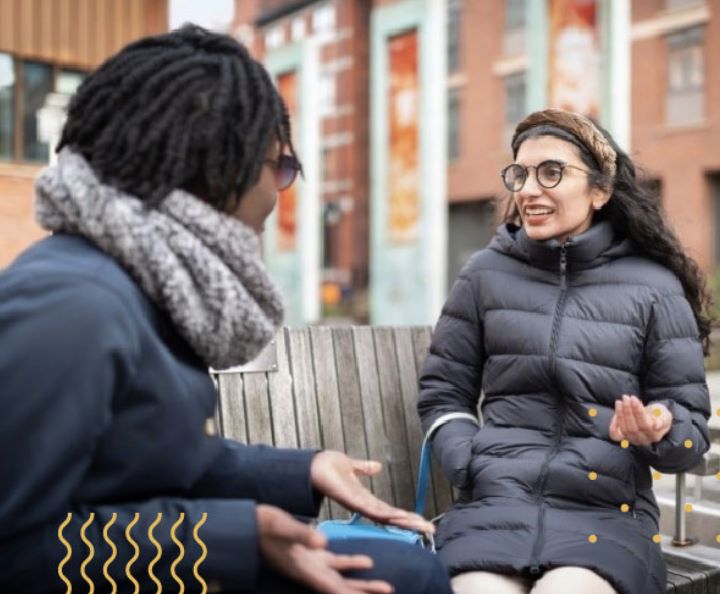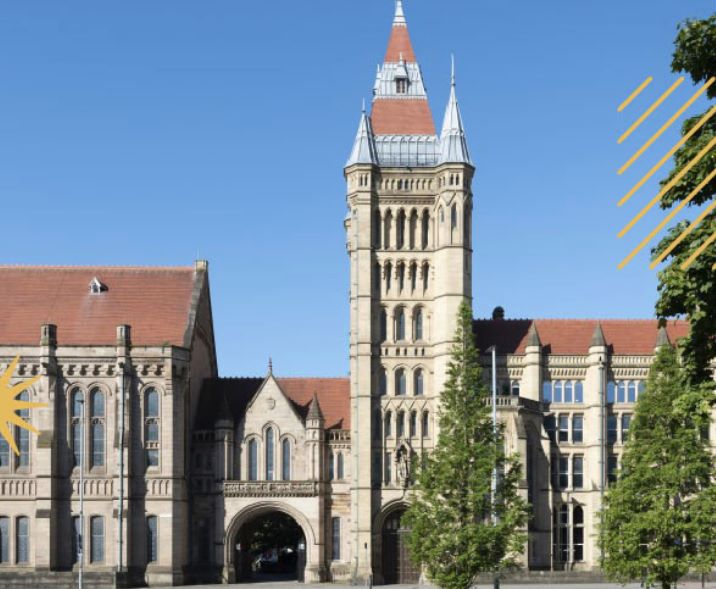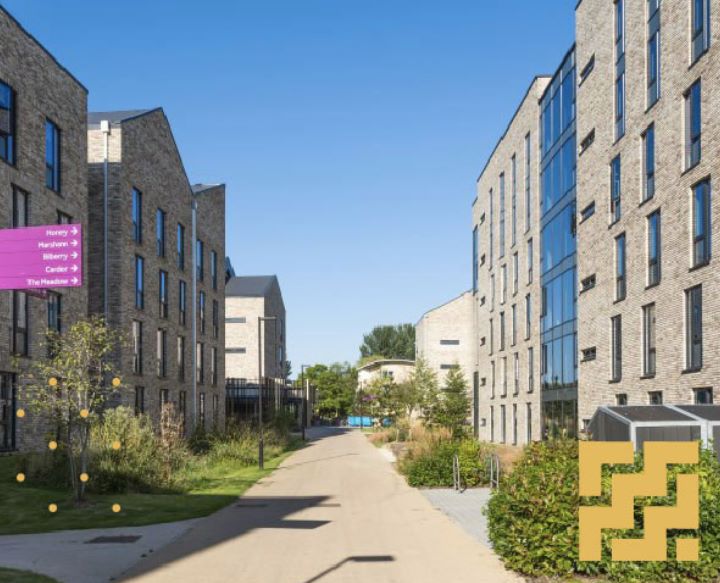Your journey starts here
Why Manchester?
- Hundreds of clubs, societies and activities to get involved in, giving you lots of opportunities to make new friends and boost your skills.
- An extensive transport system with student-friendly discounts to take you on adventures around the city and beyond.
- Many world-class, free cultural attractions, such as museums, galleries and venues, right here on campus.
- An endless choice of cafes, restaurants, bars and shops across the city – something to suit every budget.
- A diverse, inclusive and international community providing a welcoming and safe place for you to live, study and thrive in.



